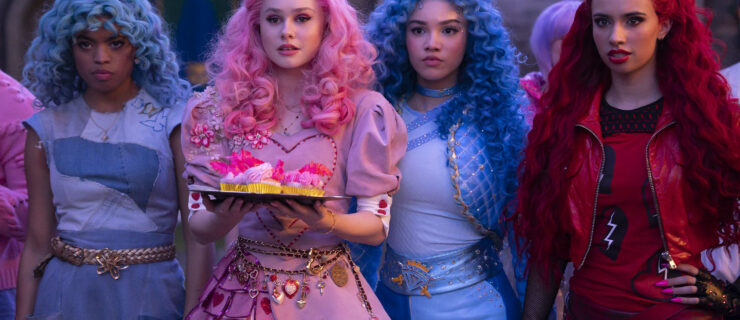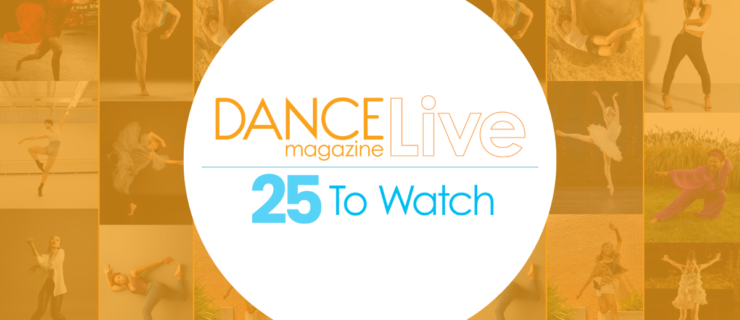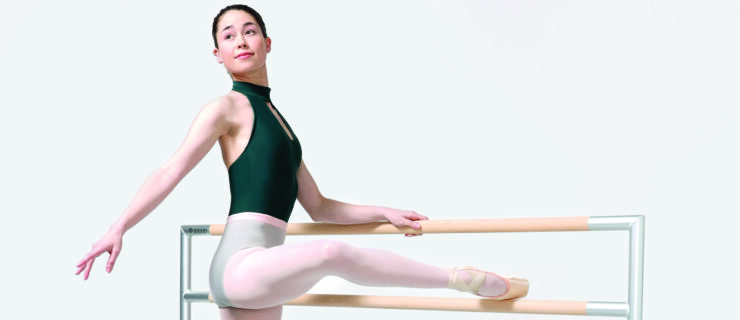The Hip-Hop Dance Scene on a Caribbean Island
When people think hip hop, NYC often comes to mind. The South Bronx is hip-hop culture’s rightful birthplace, but youths from as far away as South Africa now spin and cut records, Japanese teens bob their heads to rap artists like Biggie Smalls and Tupac Shakur, and Brazilian b-boys and b-girls polish their breakdancing moves. For a closer look at hip-hop dance on foreign shores, DS spotlights an ambitious and dynamic professional hip-hop dance troupe based in Martinique, an island located in the French West Indies.
A Watershed Moment
MD Company is the brainchild of a longstanding love affair between 32-year-old David Milôme and hip-hop culture. Born and raised in the city of Lyon, France, Milôme was exposed to hip hop when he was 10 through a French TV show called “H.I.P.H.O.P.,” which covered hip-hop artists from all over the globe. According to Milôme, the program was inspirational, because it was hosted by the first-ever black TV presenter in France, a French hip-hop DJ who went by the moniker of Sydney. The show also featured a segment during which two dancers participated in an ongoing competition. This, coupled with a heavy American musical influence, sealed Milôme’s passion for hip-hop culture, and dance in particular.
Milôme also trailed behind his older brother, a member of a breaking crew in Lyon known as the Crazy Band Breakers. Eventually, Milôme and the dancers formed a performing group called the B-Boys Breakers and produced a series of 30-minute live shows that combined hip-hop dance and theater. To their surprise, these shows were hits. Milôme credits the group’s unexpected success to the fact that there were few hip-hop performing groups in Europe at the time. In addition, the BBB dancers had strong technical backgrounds, having polished their technique while teaching classes at a space sponsored by Association Hip Hop Arts, the very first school of hip-hop dance in Lyon. Guided by a vision and desire to boost hip hop savoir faire to new heights, the group conducted workshops and performed in the Netherlands, Switzerland, France and on national TV programs.
After the B-Boys Breakers’ dissolution in 1994, Milôme moved to his parent’s native island, Martinique. He recalls listening to rap groups and a local weekly radio program in the mid ‘90s that featured hip-hop music; however, dance was absent from the island’s burgeoning hip-hop scene. Struck by the glaring void and wise from his professional dance experience in France, Milôme founded Version Hip Hop in November 1995, an umbrella association that would later manage the hip-hop dance troupe, MD Company.
Hip-Hop Activism and Performance
From its inception, Version Hip Hop has been grounded in activism. It raises public awareness around hip-hop culture by providing year-round dance classes in middle and high schools, holding intensive summer workshops, showing films and documentaries on hip hop and organizing mini hip-hop festivals and other open-door events that showcase local rap artists, fashion, graffiti murals and dancers. The year is crowned with Caraip’-Hop, the first international hip-hop festival organized in the French West Indies, featuring international artists from such places as French Guiana, NYC, Guadeloupe and Reunion Island. (The fourth annual Caraip’-Hop will be held this month.)
MD Company currently includes nine members, ages 16 to 35. As a dancer, choreographer and group manager of MD Company, Milôme looks for members who are prepared to accept criticism and demonstrate rigor, and who can be pushed to become more complete artists by developing strengths in either choreography or freestyle. He emphasizes that it’s important for dancers in the company to perform onstage, and actively participate in urban dance competitions, or “battles.”
Today, Milôme says that it’s difficult to compare the dimension of hip-hop culture in the U.S. to that of the small island. “There are few hip-hop spaces,” he explains. “Unfortunately, many interested in hip hop become discouraged and lose momentum.”
This drawback hasn’t kept him from forging ahead and sticking with his original vision of hip-hop dance performance. While being fundamentally anchored to hip-hop music and dance elements, Milôme cultivates an experimental dimension in his choreographic work, fusing hip-hop dance with other styles. He calls it “playing with different levels of energy.” Imagine a breakdance uprock step morphing into a jazz strut, blending into a pop-’n’-lock routine and finishing with capoeira-like maneuvers or multidirectional movements of the waist typical of traditional Caribbean dances. “We are, above all, dancers,” says Milôme, who considers that the strength of all dancers lies in their ability to adapt. For this reason, although breakdancers form the group majority, dancers who come from various technical backgrounds are welcome and encouraged.
The members of MD Company have graced stages as far away as New York, Canada, Reunion Island, Cuba, France and Germany (where the group toured for two months with a nationwide festival against racism and violence). Spawned from an original vision tailored by a handful of French youth dedicated to hip-hop culture at a time when hip-hop dance had yet to be fully explored as a performance concept, MD Company bears the torch of this labor of love today. The appeal and uniqueness of MD Company thrives not only on hip-hop movement but also on dance fusion, broadening the wingspan of possibilities for hip-hop dance. For more: versionhip-hop.com. (This website is in French.)



